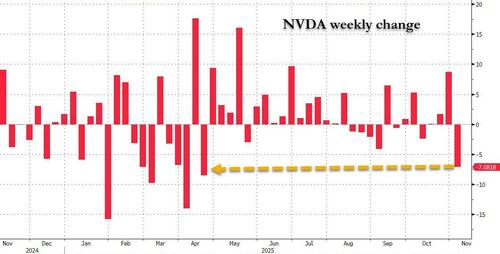The rise of fascism and its ties to American politics are a source of great concern, particularly since the advent of the Donald Trump years and his heavy-handed influence over the ultra-right movement.
With the election of Trump, this fear has intensified as he uses tactics associated with authoritarian regimes, like demonizing his opponents and their political views, denigrating marginalized communities with insults, and using mass rallies to spread his message.
Like it or not, accept it or not, there are clear connections between fascism and Trump. We should be concerned about the implications of these trends that seem to pervade the views of a number of our nation’s leaders. Yet, even with a surge of public discussion in the press, some people just do not understand fascism, its potential impact on our society and its danger.

So what exactly is fascism? At its core, fascism is a political ideology characterized by authoritarianism, nationalism and a rejection of liberal democracy.
The rise of a fascist movement across our country has serious long-term consequences for the health of our democracy. As we grapple with the complexities of modern politics, it’s more important than ever that we understand where we are headed and the potential destruction of what we have held dear for generations. In response, it would be a good idea to do what we can to protect the values of inclusivity, tolerance and democracy that have been the presumed bedrock of our society.
Trump’s political platform remains front and center of our news, day in and day out. It is difficult to ignore or even to avoid it. Some believe that Trump’s rhetoric is just part of his rejection of norms and in the end is more funny than serious. After all, some say, it is long overdue to kick the government in the behind, while embracing those seemingly conservative policies that in essence align with fascist ideology.
On the other hand, Trump’s calls for massive expenditures for a border wall, his attacks on the free press, his emphasis on that portion of law and order that benefits him personally, his belittling of segments of our population, his demeaning of those who disagree with him, his disrespect for women including multiple charges of rape, sexual assault, sexual harassment, non-consensual kissing and groping by at least 25 women, his recently being found liable for sexual abuse and defamation, his massive legal problems and mounting court cases, his mountain of lies, let alone his dangerous calls for toppling our government — these actions are not meant in jest.
Supporters argue that Trump is simply a strong leader who is unafraid to take bold action. Others see him, quite frankly, as a mobster. Regardless, there is no denying that Trump’s political platform has had a significant impact on American politics and our way of life.
As a result, there is an increase in the use of fear and aggression in political rhetoric. Throughout Trump’s presidency, he used powerful language and loaded phrases to elicit strong emotions from his supporters and opponents alike. His focus on topics such as immigration and crime stoked fears in many and fueled aggression in others. While some believe this tactic is effective in energizing his voter base, others believe that it creates dangerous divisions.
Trump’s policy proposals and unconventional communication style are essentially divisive tactics that are effective due to Trump’s masterful manipulation of news and media outlets. His staff has been able to disseminate Trump’s message and shape public opinion in a way not seen since the preamble to World War II.
The idea of another Trump term moving increasingly toward a fascist presidency is a chilling thought with potential far-reaching consequences.
The government would become further restrictive, reducing our individual freedoms with Trump moving closer to his brandishing absolute control over everything, including media and communication. Such a regime would most likely lead to significant economic and social problems, including the suppression of minority group voices and a surge in authoritarianism.
The potential impact of this type of power grab could not only destabilize our country, but have ripple effects around the world. It is essential that we seriously consider the implications of an authoritarian government and take steps to safeguard against it.
Trump’s nationalist rhetoric and populist appeal forges an emotional connection with his base that some find appealing. His use of fear, aggression and propaganda to control and manipulate his followers carries with it more than a few echoes from history’s most classic authoritarian regimes.
PHOTOS:2023 Mid-Penn Track and Field Championships at Chambersburg
It is an alarming warning sign when someone like Trump can take populist ideals, add a veneer of authoritarianism, and have them accepted among so much of the population.
Scare tactics and false promises cannot be allowed to define who we are as a people. Together, we must respond to this threat by continuing to stand up for our fundamental principles of liberty and justice.
That is truly what will “make America great again.”
Bill Gindlesperger is a central Pennsylvanian, Dickinson College graduate, Pennsylvania System Of Higher Education (PASSHE) Governor, Shippensburg University Trustee, and Chairman of eLynxx Solutions. The firm provides enterprise-level cloud-software for communicating, specifying, approving, procuring, producing, reporting and activities necessary to obtaining direct mail, packaging, promo, marketing and all other printing. He is a board member, campaign advisor, successful entrepreneur, published author and commentator. He can be reached at[email protected].















